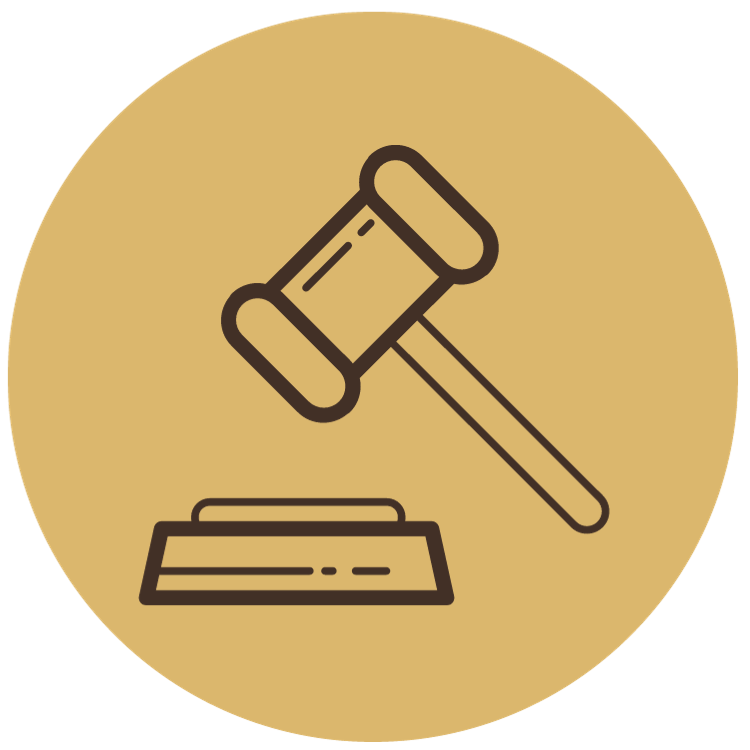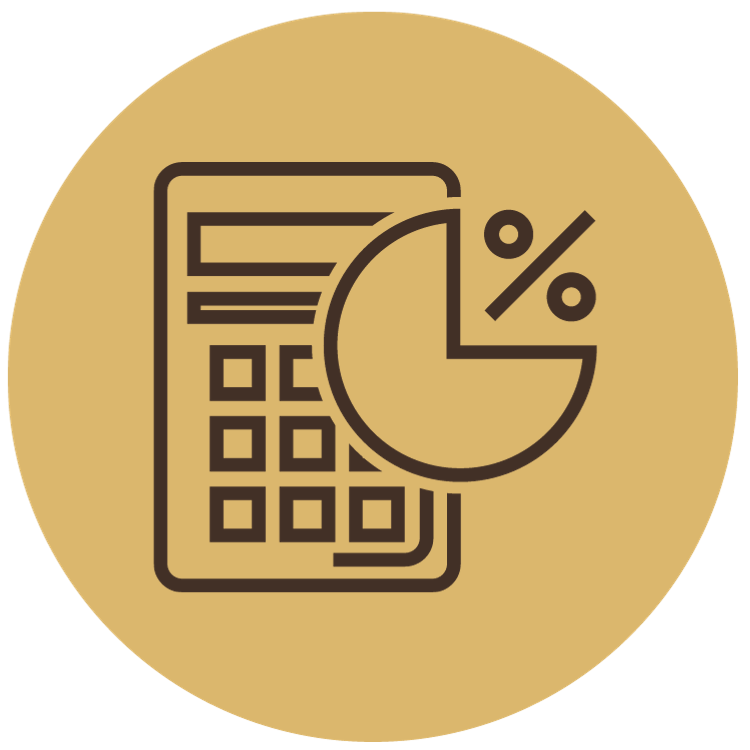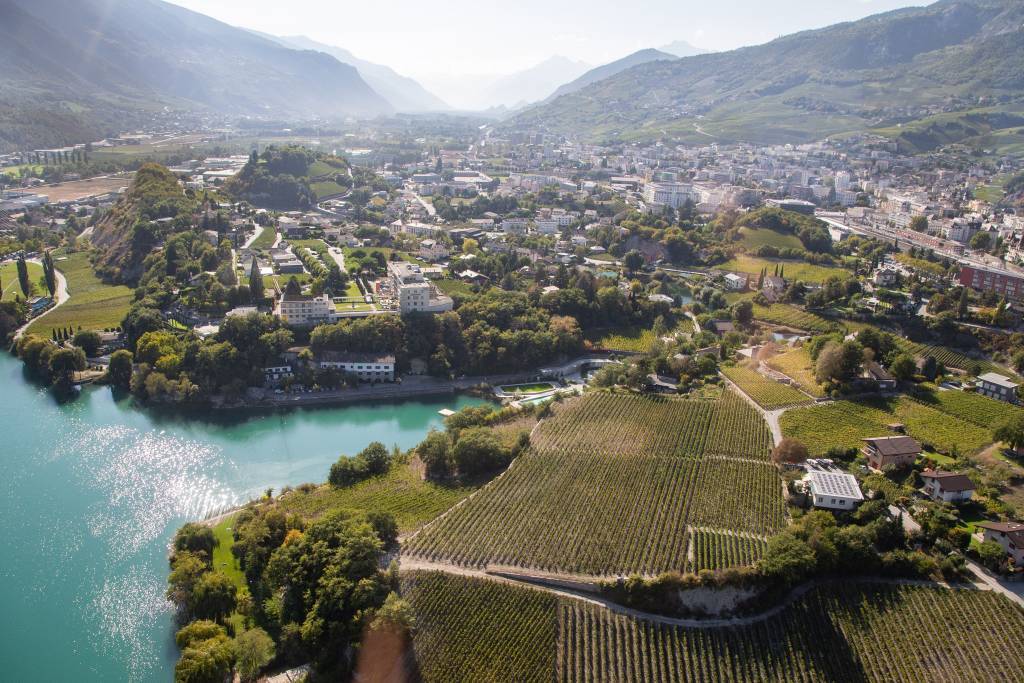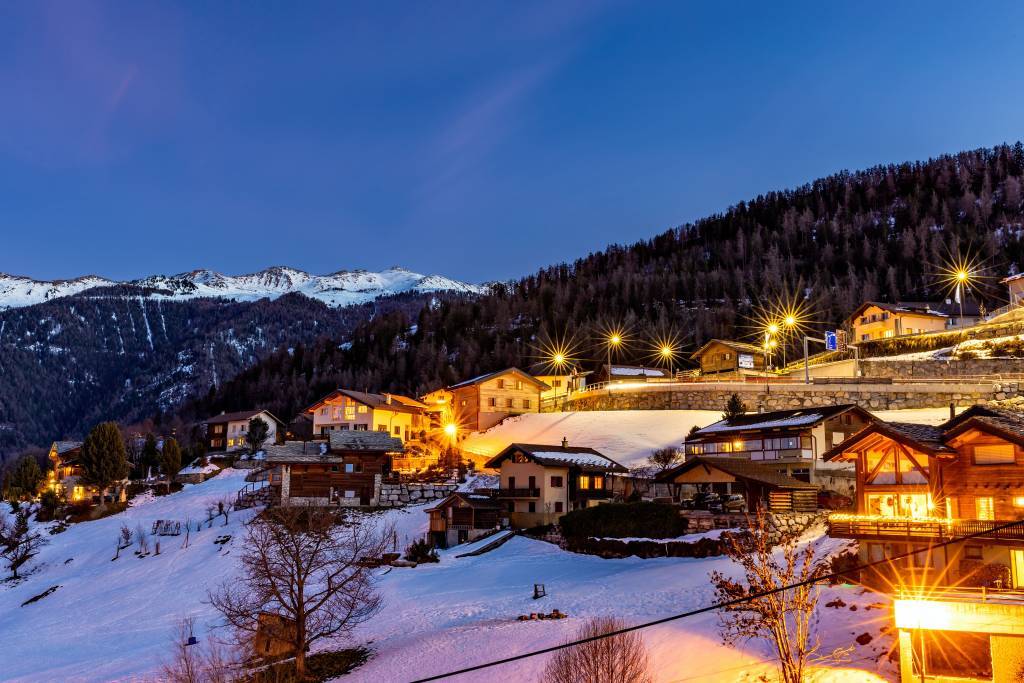
As a future property owner or seller in Valais, it is important to understand the specificities of the local real estate market as well as the legal and financial obligations that come with it. In this spirit, we have gathered some key information to guide you in your real estate journey.

There are several laws in Switzerland that govern real estate transactions. One of the most important is the Rural Land Law (LDFR), which regulates the sale of rural properties and agricultural land. In Valais, the Law on Secondary Residences (LRS) also restricts the construction of new secondary residences in certain municipalities to preserve the alpine landscape.

When purchasing a property in Switzerland, notary fees are typically applicable. These fees cover the costs of the notarized deed, which authenticates the transaction, as well as the costs of registration in the land register. In Valais, notary fees are generally in the range of 2.5% to 3.5% of the property's purchase price, although this rate may vary depending on various factors. Notary fees are borne by the buyer. For any purchase involving bank financing, the establishment of a mortgage deed costs approximately 1.2% of its amount.

In Valais, the sale of a property may be subject to real estate capital gains tax. This tax is calculated based on the difference between the purchase price and the selling price of the property. The tax rate depends on the ownership duration and can vary significantly. It is therefore important to consider this tax when planning your sale.


Regarding primary residences, according to general rules in Switzerland, a personal contribution of at least 20% of the property's purchase price is required. So, if you are considering buying a property worth 500,000 CHF in Valais, you would need to have at least 100,000 CHF as a personal contribution. This contribution can come from your savings, occupational pension (2nd pillar), or tied pension (3rd pillar).
Subsequently, the bank can finance up to 80% of the property's purchase price, which is 400,000 CHF in our example. This is typically done in the form of a mortgage loan. It's important to note that the bank will assess your ability to repay the loan based on your income and expenses. According to the general rule, the cost of housing (including mortgage interest, amortization, maintenance costs, and charges) should not exceed one-third of your gross income.
Buying a secondary residence follows slightly different rules than a primary residence. The amount you need to contribute for the financing of a secondary residence depends on several factors, including the property's purchase price and your financial situation. In general, for a secondary residence, banks in Switzerland typically require a larger personal contribution than they would for a primary residence. This requirement is usually at least 30% of the purchase price of the property. Therefore, if you are considering buying a secondary residence worth 500,000 CHF in Valais, you would need to have at least 150,000 CHF as a personal contribution.
The remaining 70% of the purchase price can be financed by the bank in the form of a mortgage loan. However, the bank will assess your ability to repay the loan, taking into account your income and expenses, including costs associated with your primary residence.


In Switzerland, the purchase of real estate by non-residents is regulated by the Federal Law on the Acquisition of Real Estate by Persons Abroad, commonly known as LFAIE. This law restricts the number and type of properties that a foreigner can purchase. However, some exceptions apply, especially for residents of the EU or EFTA who work in Switzerland.

The canton of Valais offers a number of significant tax advantages that can be attractive for individuals and businesses. Here is an overview of some of these benefits.
Estate and Gift Tax: Valais does not levy estate tax or gift tax between spouses and direct descendants (children, grandchildren). This can lead to significant savings for those considering passing on their wealth to their descendants.
Tax Relief for New Residents (Flat-rate Tax): This allows certain new foreign residents to pay taxes based on their living expenses rather than on their worldwide income or wealth. Valais offers this option to new residents who do not work in Switzerland. The minimum amount of the flat-rate tax is determined based on the rent or rental value of the taxpayer's primary residence in the canton. These tax advantages can make Valais appealing to many individuals looking to settle there.
These are just a few of the many peculiarities of the real estate market in Valais. As an experienced real estate agency and committed to your real estate experience, CASALP is here to guide you through these features and help you successfully navigate your real estate journey. Feel free to contact us for any questions or additional information needs.
This site is protected by reCAPTCHA and the Google Privacy Policy and Terms of Service apply.